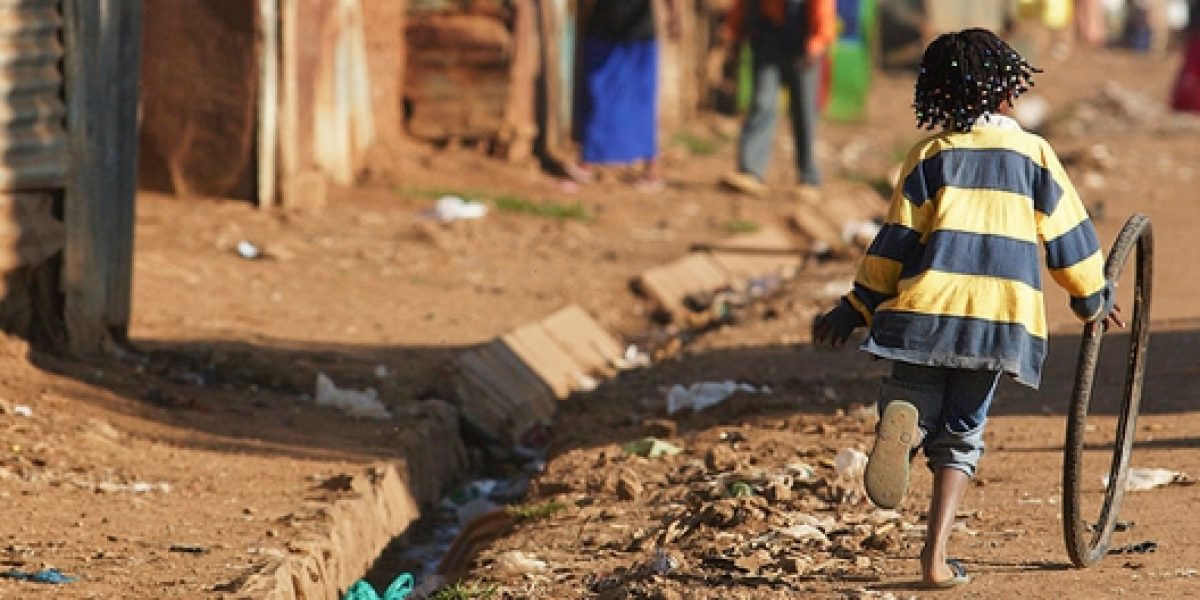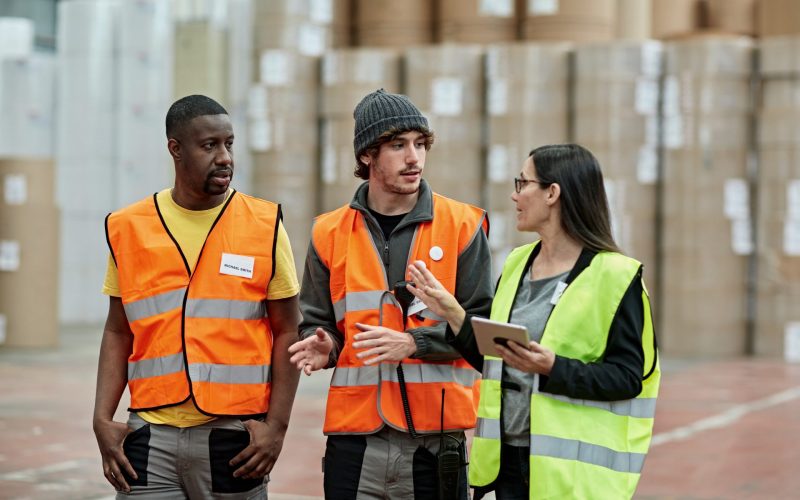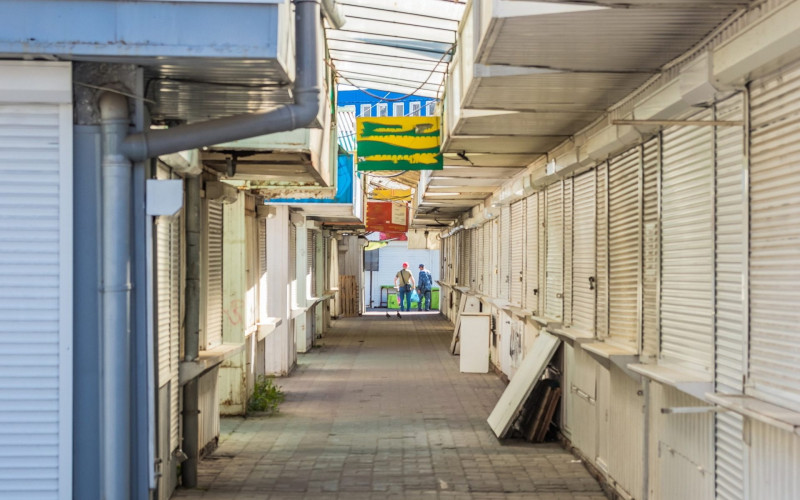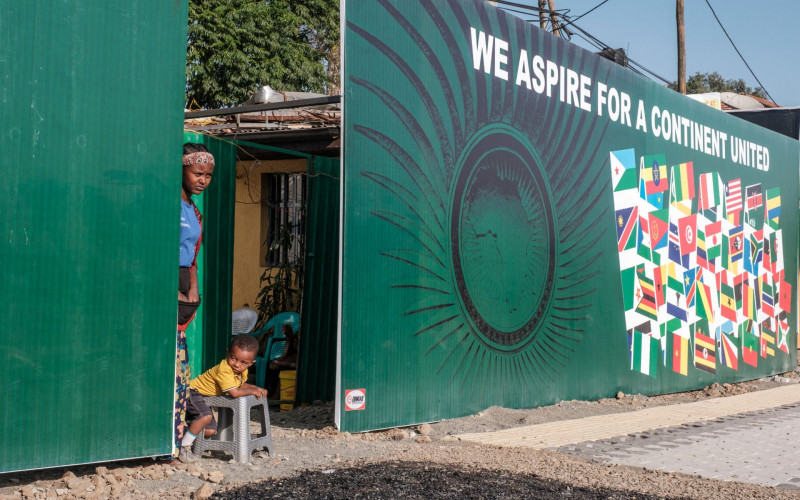It is widely acknowledged that, without collective action from the Global North and South, poverty reduction measures will not work effectively and the gap between rich and poor will continue to widen.
Global poverty needs prompt and effective action. The 1.2 billion people still living in extreme poverty require support by all development partners, at a local, national and international level. Poverty reduction has traditionally been coordinated by multilateral organisations, in partnership with national governments, particularly in Southern Africa.
There is growing recognition of the need to acknowledge the role of regional organisations in poverty reduction measures. Regional associations of nations have unrealised potential to strengthen social investment to global poverty reduction. This potential needs recognition and support from the UN, the World Bank and other international development partners. Regional organisations have the capacity to echo the sentiments outlined for Eradication of Poverty Day: act together against extreme poverty.
Despite this, regional organisations are neglected partners in global efforts to tackle poverty. Regional organisations in the Global South, for example, the Southern African Development Community (SADC), are faced with challenges.
The political economy of development and the political economy of poverty reduction in the Global South region is largely donor influenced. This is evident by the large amounts of aid organisations responsible for coordinating poverty reduction activities, which could be informing government policies and protocols. Donor countries encourage institutional reforms. External finance and foreign aid encourage transformation. Political and economic discord can also influence how regional organisations engage with issues, such as poverty reduction and access to health and medicines. Individual states often are not willing to give up political and economic autonomy to multilateral organisations, in favour of adopting reforms to benefit poverty reduction.
Regional organisations have potential to positively benefit and offer opportunities to strengthen action on poverty reduction globally. Regional organisation achievements of nations in developing region-wide health, education, social protection and other public goods and services provide a platform to strengthen global, regional and national actions on poverty reduction.
There is scope to enhance the role of regions in global poverty reduction within the lifetime of the Millennium Development Goal period (until December 2015) – and beyond. Regional associations should have an identified institutional role in global poverty reduction and global policy making. Comprehensive regional social investment programmes across health, education, income security and livelihoods can prevent poverty and mitigate its effects on present and future generations. Regional associations can mobilise a wide range of development partners within and beyond their regions, support poverty reduction strategies, monitor achievements, and facilitate the sharing of good practice within and beyond the regions concerned.
A better understanding is needed of how regional associations are practically pursuing pro-poor policies, to ensure that existing good practice is identified and shared. Current knowledge of regional actions will help all stakeholders, locally, nationally and internationally, to know how to support pro-poor policies and programmes of concerted social action. If we can foster a better understanding of regional actions for poverty reduction and prompt understanding into action, there is definite potential for regional organisations to step and take more responsibility in South-South management of poverty reduction.
In doing so, regional organisations will amplify the voices of developing countries to play a more prominent role in South-South development agendas. The capacity for member states to combine resources to help scale up social development endeavours (social protection, health, education) will also be bolstered by a strengthened, coordinated regional presence. Enabling regional partners to engage on a similar platform will also facilitate and enable discussions of key priorities for regional action and better response mechanisms.
Regional organisations can facilitate the presence and functioning of the following:
- regional social redistribution mechanisms (e.g. regionally-financed investment funds disbursed to address social issues via the regional structure according to regionally-determined priorities);
- regional social, health and labour regulations (e.g. regional institutions to set, monitor and enforce regional rules on health and safety, labour and social protection, and equal treatment);
- regional social rights (e.g. regional Courts for citizens to challenge perceived failures to fulfil social and human rights).
- Regional lesson learning provides an opportunity for members to learn from good practices and develop solutions that are amenable to scaling up in forms of regional co-operation. (regionalised production (e.g. of cheaper generic pharmaceuticals) benefits from economies of scale; regional programmes help avoid cross-border transmission of communicable diseases; regional provision shares health specialisation and higher education facilities within a region).
How can regions contribute to effective action on global poverty reduction?
As argued in a recent workping paper, the success of global goals to address universal markers of under-development depends on all stakeholders, in the South as well as in the North, taking full ownership of those goals and responsibility for achieving agreed targets. There is a clear and strong potential for regional associations to play a far more prominent role in global poverty reduction than has been the case to date.
Regional associations have a key role to play by:
- providing regional and global leadership in translating global goals into regional context-specific priorities.
- channelling promising approaches to poverty reduction from the region into global policy debates.
- coordinating all development partners nationally and internationally around regional and national poverty reduction goals.
- supporting pro-poor partnership work through (for example) capacity-building, and facilitating cross-border cooperation and policy learning around poverty reduction – including identifying promising initiatives that can be scaled up regionally.
- undertaking regular regional monitoring and reporting on progress made (and still to be made) in achieving goals and targets.
Regional associations need to become a far more significant focus of the work of the UN system, the World Bank and regional development banks. Regional interventions account for just 2% of the budgets of these agencies and most of those resources go on analytical and policy work focusing on regions defined as countries within a given geographical area rather than on actually existing regional associations of countries.
Enabling committed focus on regional poverty reduction efforts will facilitate a faster transition within development states, to ensure that citizens are taken care and no longer in need.







